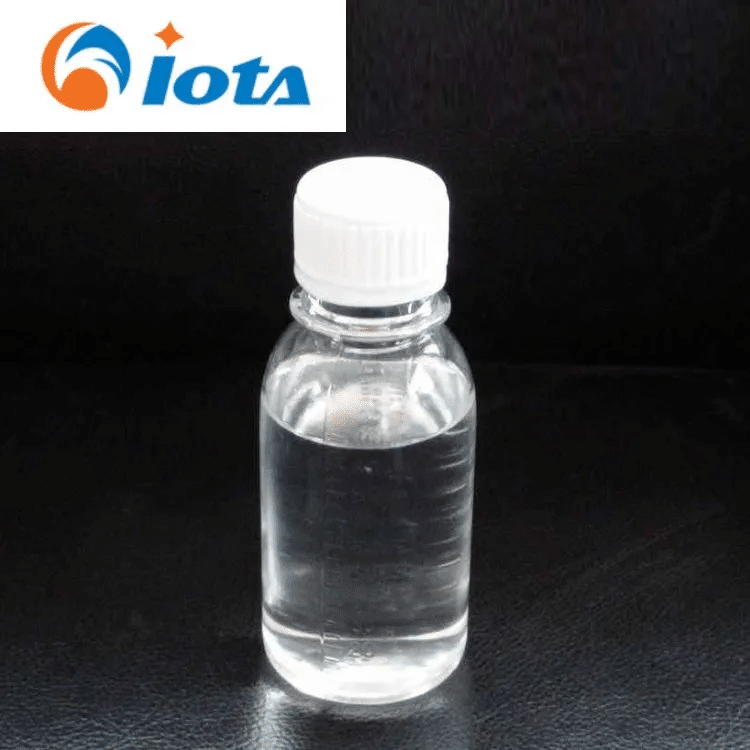On August 12, 2025, Rome - With the deepening global attention to food safety and sustainable development, the application of organic silicon materials in pesticide efficiency enhancement, seed treatment, soil remediation, and other fields is rapidly expanding due to their surface activity, film-forming properties, and biodegradability. According to the Food and Agriculture Organization of the United Nations (FAO), the global consumption of organic silicon in agriculture reached 380000 tons in 2024, a year-on-year increase of 18%, and is expected to exceed 420000 tons by 2025.

Pesticide efficiency increase: reduce dosage by 30%
After traditional pesticide spraying, about 70% of the pesticide solution is wasted due to bouncing and rolling. The "organic silicon additive" developed by a certain enterprise can reduce the surface tension of the liquid medicine, allowing the droplets to quickly spread on the surface of the leaves, reducing the contact angle from 120 ° to 20 ° and increasing adhesion by three times. Field experiments have shown that the use of this additive increases pesticide utilization from 30% to 65% and reduces dosage by 30%.
Seed coating: preventing disease and increasing yield
The "siloxane chitosan composite coating agent" developed by a certain laboratory can form a breathable film on the surface of seeds, which not only prevents bacterial invasion but also allows oxygen and water to penetrate. In wheat planting experiments, the emergence rate of coated seeds increased by 15%, the lodging resistance increased by 20%, and the yield per mu increased by 12%. At present, this technology has been promoted and applied in 10 countries.
Soil remediation: adsorption of heavy metal pollution
The problem of excessive heavy metals such as lead and cadmium in the soil of industrial wastelands is prominent. A new type of "modified diatomaceous earth adsorbent" has achieved a lead ion adsorption capacity of 120mg/g by introducing amino groups, which is 5 times higher than that of unmodified materials. In a soil remediation project around a certain electroplating plant, the use of this adsorbent reduced the soil lead content from 800mg/kg to 150mg/kg, meeting the safety standards for agricultural land.
Sustainable Development: The Rise of Biobased Agricultural Silicon Materials
To reduce oil dependence, a certain enterprise uses corn starch fermentation to produce bio based silane coupling agents, which have performance comparable to traditional petroleum based products but reduce carbon footprint by 60%. This product has been used for organic fertilizer coating, increasing fertilizer utilization from 40% to 55% and reducing nutrient loss and water pollution.
